
Glutathione is The Master of all antioxidants, the most important molecule you need to stay healthy and prevent disease — yet you may have never heard of it. It’s the secret to preventing cellular breakdown, heart disease, aging, dementia, and neurological issues, while also increasing energy, providing quicker recovery, athletic performance and endurance, improved quality of sleep – even smoother, younger looking skin.
This single molecule of glutathione has been studied in great depth, (more than 89,000 medical articles), yet most of us know very little about it. And your doctor most likely doesn’t know how to address the epidemic deficiency of this critical life-giving molecule … (Until now… more on that in just a bit.)
What is it? I’m talking about the mother of all antioxidants, the master detoxifier and conductor of the immune system: GLUTATHIONE (pronounced “gloota-thigh-own”).
Although your body does make some of its own glutathione, things like poor food quality, pollution, toxic environments, stress, infections, and radiation are depleting it from our bodies. And as we age, our bodies continue to make less and less, overloading and damaging our liver, making it unable to do its job of detoxification.
What is Glutathione?
Glutathione is a simple molecule produced naturally in the body at all times. It’s a combination of three simple building blocks of protein or amino acids — cysteine, glycine, and glutamine.
The power of glutathione is that it contains sulfur chemical groups, that work to collect all the bad things in our body, like free radicals, toxins like mercury and other heavy metals. Sulfur is a sticky, smelly molecule. It acts like super fly paper. Once these toxic wastes are collected by glutathione, they are safely flushed into the bile and the stool, so they can be properly eliminated out of the body. This is especially important in our world today, as humanity faces unprecedented levels of using heavy environmental and industrial chemicals, pesticides and pollution.
Normally glutathione is recycled in the body — except when the toxic load becomes too great. And that explains why we are in such trouble today.

Glutathione: Antioxidant Superhero
It also helps us reach peak mental and physical function. Research has shown that raised glutathione levels decrease muscle damage, reduce recovery time, increase strength and endurance and shift metabolism from fat production to muscle development. See this recent segment on The Doctor Oz Show.
Where Can You Get Glutathione?
Our body’s makes it, but it’s often not enough to combat our strenuous environment. It’s derived from dietary proteins, such as beef, fish and poultry. There are vegetarian sources of sulfur as well, such as cruciferous vegetables (like broccoli, brussel sprouts, cauliflower, spinach, kale, collards, cabbage watercress, mustard greens, and similar green leaf vegetables). Other good food sources that either contain glutathione or its precursors to help the body produce more include: asparagus, avocados, garlic, onions, tomatoes, peas, red peppers, peaches, watermelon, cinnamon, cardamom, turmeric (curcumin) to name a few.
Glutathione production also increases when you exercise, so increasing your activity level will help as well. Regular exercise not only makes you feel good afterwards, the activity of breathing and sweating are great ways to get rid of waste and toxins locked up in the body.
Glutathione Protects Against Illness
What makes glutathione so important and powerful is that it recycles antioxidants. When your body is dealing with free radicals, it is essentially passing them from one molecule to another. They might go from vitamin C to vitamin E to lipoic acid and then to glutathione where they are cooled off. Antioxidants are recycled at this point and the body can then regenerate another glutathione molecule to go back at it again.
Glutathione is crucial for helping your immune system fight chronic illness, as it acts as the carrier of toxins out of your body. Like a fly trap, toxins stick to glutathione and they are carried to the bile into the stools and out of the body. The body is going to come in contact with oxidants and toxins, and the more we can deal with them the better our body will be at staying strong and healthy.
9 Tips To Maximize Glutathione In Your Body
Here are 9 ways to increase your glutathione levels in your cells.
1. Consume sulfur-rich foods. The main ones in the diet are garlic, onions and the cruciferous vegetables (broccoli, kale, collards, cabbage, cauliflower, watercress, etc.).
2. Exercise boosts your glutathione levels and thereby helps boost your immune system, improve detoxification, and enhance your body’s own antioxidant defenses. Start slow and build up to 30 minutes a day of vigorous aerobic exercise like walking or jogging, or play various sports. Strength training for 20 minutes 3 times a week is also helpful.
3. Take the Redox Cell Signaling supplement called ASEA for AT LEAST 90-120 days. It’s bio-active redox signaling molecules are 100% native to our body and are very unique in that they are antioxidant activators and immune system communicators, among other things. This redox signaling technology significantly improves the body’s ability to produce glutathione – the body’s super master antioxidant – by over 500% as reported in clinical studies.

Personally, I observed improvements in the first two weeks of taking ASEA, and I continue having improvements in the quality of my deep sleep, daytime energy, stamina, mental sharpness and focus, exercise recovery and improvements in some aging skin problems too. It’s quite fascinating really.
Summary of benefits of this breakthrough in cellular health science:

Glutathione, SOD and Catalase Production Boosted By 500%+
One would think it would be easy just to take glutathione as a pill, but the body digests protein – so you wouldn’t get the benefits if you did it this way. However, the production and recycling of glutathione in the body requires many different nutrients which you can take. Here are some supplements you may also consider to boost glutathione, in addition to the redox signaling supplement.
4. N-acetyl-cysteine. This has been used for years to help treat asthma and lung disease and to treat people with life-threatening liver failure from Tylenol overdose. It is even given to prevent kidney damage from dyes used during x-ray studies.
5. Alpha lipoic acid. This is a close second to glutathione in importance in our cells and is involved in energy production, blood sugar control, brain health, and detoxification. The body usually makes it, but given all the stresses we are under, we often become depleted.
6. Methylation nutrients. Methylation and the production and recycling of glutathione are the two most important biochemical functions in your body. Take folate (especially in the active form of 5 methyltetrahydrofolate), B6 (in the active form of P5P), and B12 (in the active form of methylcobalamin).
7. Selenium. This important mineral helps the body recycle and produce more glutathione.
8. A family of antioxidants including vitamins C and E (in the form of mixed tocopherols) work together to recycle glutathione.
9. Milk thistle (silymarin) has long been used in treating liver disease and helps boost glutathione levels.
Related:
Can you IMAGINE your CELLS working like they did when you were young and strong?
ASEA Redox Signaling For Cellular Health
Sources:
What is Glutathione and How Do I Get More of It?
http://articles.mercola.com/sites/articles/archive/2010/04/10/can-you-use-food-to-increase-glutathione-instead-of-supplements.aspx
http://www.webmd.com/vitamins-supplements/ingredientmono-717-GLUTATHIONE.aspx?activeIngredientId=717&activeIngredientName=GLUTATHIONE

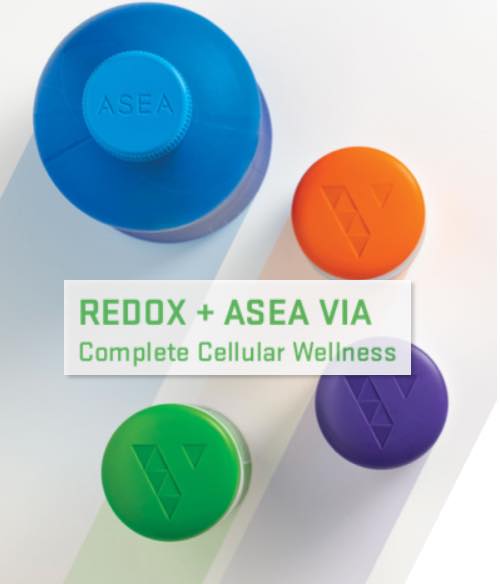
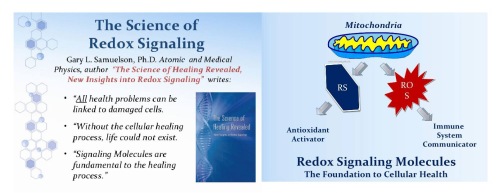







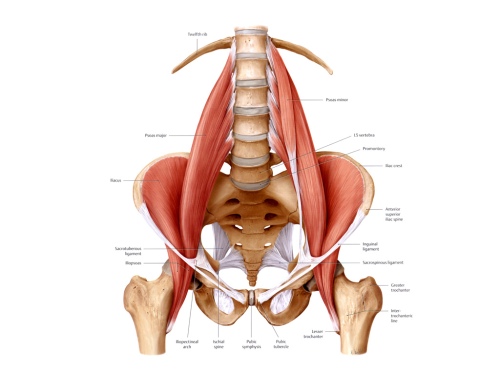

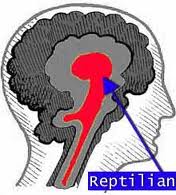
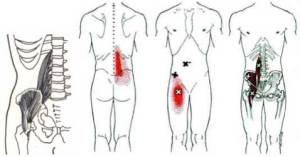 A tight psoas not only creates structural problems, it constricts the organs, puts pressure on nerves, interferes with the movement of fluids, and impairs diaphragmatic breathing.
A tight psoas not only creates structural problems, it constricts the organs, puts pressure on nerves, interferes with the movement of fluids, and impairs diaphragmatic breathing. A relaxed psoas is the mark of play and creative expression. Instead of the contracted psoas, ready to run or fight, the relaxed and released psoas is ready instead to lengthen and open, to dance. In many yoga poses (like tree) the thighs can’t fully rotate outward unless the psoas releases. A released psoas allows the front of the thighs to lengthen and the leg to move independently from the pelvis, enhancing and deepening the lift of the entire torso and heart.
A relaxed psoas is the mark of play and creative expression. Instead of the contracted psoas, ready to run or fight, the relaxed and released psoas is ready instead to lengthen and open, to dance. In many yoga poses (like tree) the thighs can’t fully rotate outward unless the psoas releases. A released psoas allows the front of the thighs to lengthen and the leg to move independently from the pelvis, enhancing and deepening the lift of the entire torso and heart. strong psoas grounds us and allows subtle energies to flow through the bones, muscles and joints.
strong psoas grounds us and allows subtle energies to flow through the bones, muscles and joints.

















